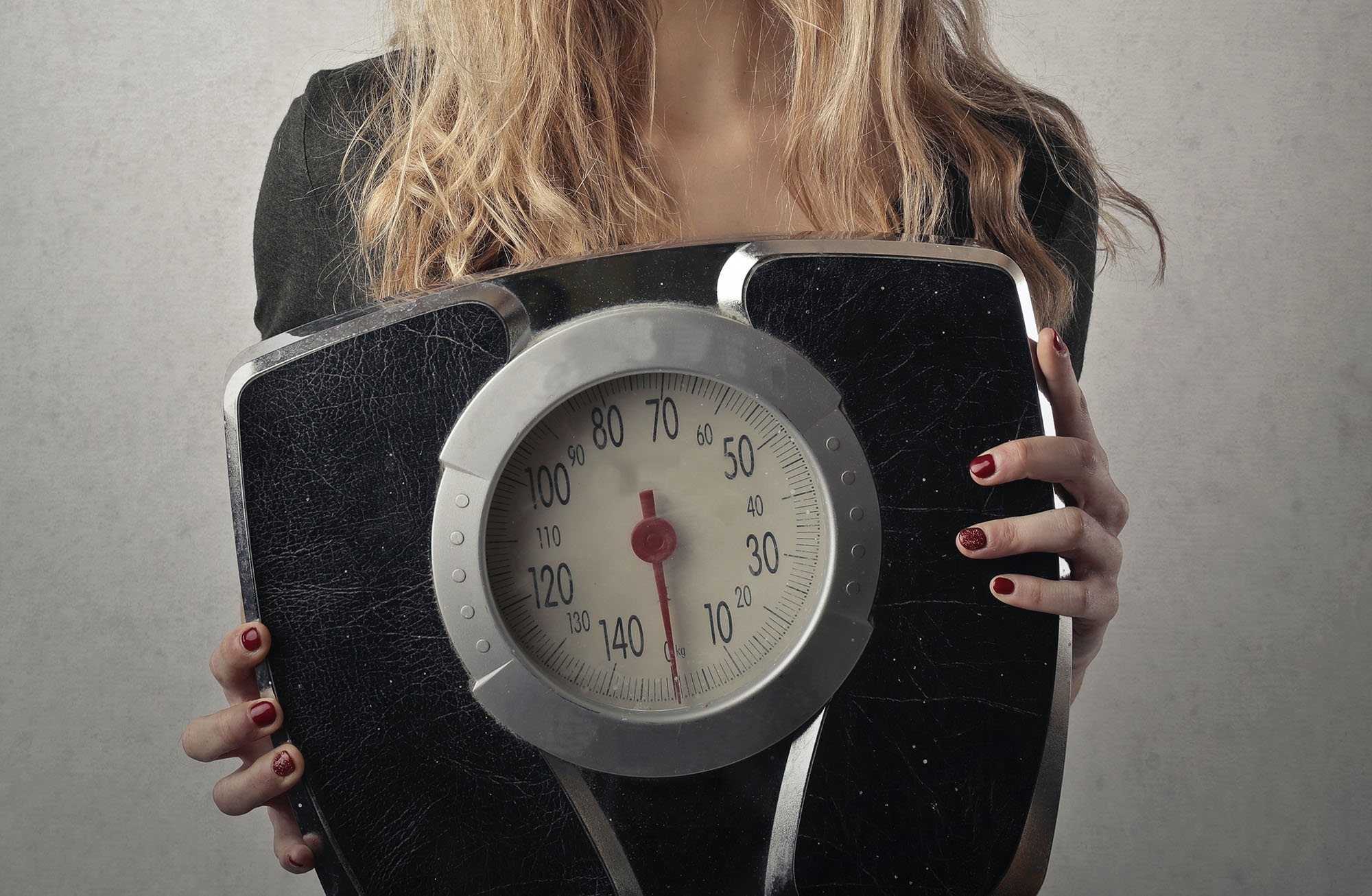What Is The Best Time to Weigh Yourself? (5-steps plan)
For people who care about their health and who regularly practice various sports, weighing up might be an integral part of their lives. Sometimes it grows to the level of the main goal and every, even the smallest change in weight, is taken extremely seriously. Standing on the scales too often, literally taking what you see on it, and inadequate measurement times can lead to errors, an unhealthy relationship with your body and, worst of all, equating the result with your self-esteem.
Over the years, many myths have arisen around weight control. How do we find ourselves in all this, at what time of the day and with what frequency should we measure correctly? Read the article and follow a few simple steps to help you approach your weight rightly.
1. Prepare For The Analysis
In order to obtain a reliable measurement of body weight, we must properly prepare for it. Remember that what our weight shows is not only the fat content, but also the weight of our organs, bones, undigested food, and fluids. To keep internal conditions as close as possible to each other, follow these tips:
- At least 3 hours before, do not eat any food or liquids (it is best to take the measurement on an empty stomach).
- About 12 hours before, abstain from intensive exercise. Training performed even the day before may increase the value of our measurement. It all depends on the amount of fluids consumed during the workout, as well as its intensity and duration.
- It would also be a good idea to refrain from consuming alcoholic beverages 24 hours before weighing, which may disturb fluid retention in the body.
- Eat an easy digestive evening meal the day before. Remember not to add too much salt to it. Excess sodium is also one of the factors that affect water retention in the body.
2. Weigh Yourself Up To Once a Week
On the way to our goal, we are tempted to stand on weight every day. However, this is not the best idea – our body mass can change from day to day. This is dictated by many factors which do not always depend on us, e.g. fluid retention. Everyday weight jumps may also be affected by the amount of eaten food, a sleepless night, bigger than usual stress, lack of or excessive physical activity.
For healthy people, it is a rational idea to weigh yourself a maximum of once a week. It’s best to choose one, a certain day, e.g. Sunday. Such a time interval will allow you to notice real changes in your weight.
As a clinical dietitian, for people with eating disorders or those who are too serious about their body weight, I would recommend a longer time between measurements. It is a good idea to keep a distance of two weeks or even a month. In this case, it will be more important to focus on building a proper relationship with food and well-being.
3. Always Weigh Yourself in The Morning
We will get the most reliable measurement in the morning. It is worth doing it on an empty stomach and before drinking fluids. Remember not to wear additional clothes – always weigh up in underwear.
Mornings will be the best time to check your body weight also because, during sleep, we did not provide energy from food for several hours, but our body works all night and spends it on life processes. By standing on the scale after the morning toilet, it will show the most reliable value.
It makes no sense to weigh yourself several times a day. Our body mass can fluctuate by up to 2 kilograms! It doesn’t mean we put on weight in a matter of hours. This is the weight of the drunk fluids, the food we consumed, and the undigested intestinal contents.
4. Track Your Results
If we have a specific goal, for example losing weight or building muscle mass, it is a good idea to write down your regular measurements in a notebook, computer, or application on your phone. Such regular records will allow us to have a broader look at how our body weight changes over the month or a quarter, and will allow us to react quickly and modify our diet if it’s not satisfactory.
5. Take It Easy
When controlling your progress with your weight, remember that it is only a machine. It does not consider the various processes inside the body. Even with the most sensitive scale, we are unable to accurately measure our body mass. Sometimes It is also influenced by existing diseases (e.g. hypothyroidism, Hashimoto or PCOS), hormonal changes (weight jumps depending on the menstrual cycle are commonly known), or the type and number of consumed meals (high-carbohydrate, highly processed, with a high salt content – they will increase body weight). Therefore, it is important for you to realize that weight fluctuations are natural.
Body weight alone is not a determinant. Remember that if you exercise, the weight of your muscles will play a big role, as they weigh more than your body fat in a smaller volume. Therefore, focus more on well-being, visual effects, and circumference measurements as a way of tracking your progress, and take your scale as an addition.
For people struggling with eating disorders, I would recommend consulting with a specialist, and throwing the weight into the bin – magic numbers can only deepen an unhealthy relationship with food.
What Weight Is The best?
There are various weight measuring devices available on the market. Some of them less, some more accurate. Recently, it has become popular to use smart scales that not only control our body mass but also analyze the composition of the body weight. They show the content of fat, muscle mass, hydration, bone mass, etc. Such scales are much more expensive, so the question is “Is it worth investing in?” Domestic BIA analyzers will not always be as precise as we would expect. Even the devices available from a specialist will not always show us a reliable result. It all depends on the brand and type of weight. Professional BIA analyzers can cost even 5-8 thousand dollars.
There is also another method (considered to be the most accurate) called DEXA (Dual Energy X-ray Absorptiometry), however the equipment for its implementation is very poorly available compared to the BIA method, and a one-time analysis is quite expensive.
Summary
Weight monitoring should take place regularly, not more than once a week, in the morning, on an empty stomach. Prepare yourself for the measurement by trying to keep as similar conditions as possible. Don’t weigh yourself too often, as your body weight can fluctuate significantly over the course of a week (or even a day!).
For women, weighing just before or during the menstrual cycle is not recommended, because due to hormone changes and impaired water retention, the result will be reliable. Do not believe the result 100% – keep in mind that it is only a machine and there may be errors in the calculation. It also does not consider what is happening inside our bodies.
If you are struggling with an eating disorder, it is best if you stop weighing for a while and monitor your progress through visual effects.







